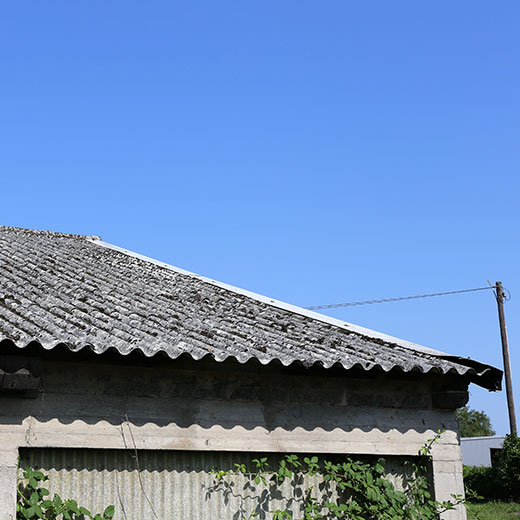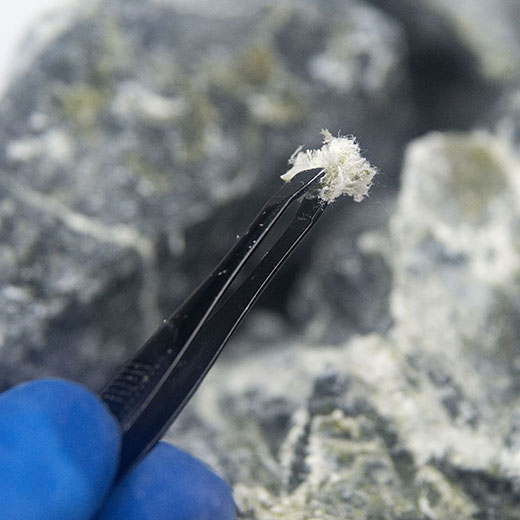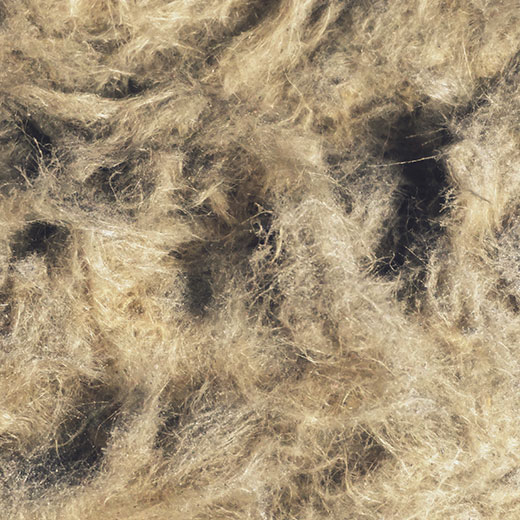1. Licensed works in which the contractor must hold a HSE license (most friable and high-risk ACMs and fully controlled)
2. Non licensed Notifiable works (NNLW) where control measure and equipment may be required to stop the spread of asbestos such as textured coating scrapes. No license is required, but the HSE must be notified
3. Non licensed works. Lowest risk and non-licensable and non-notifiable


